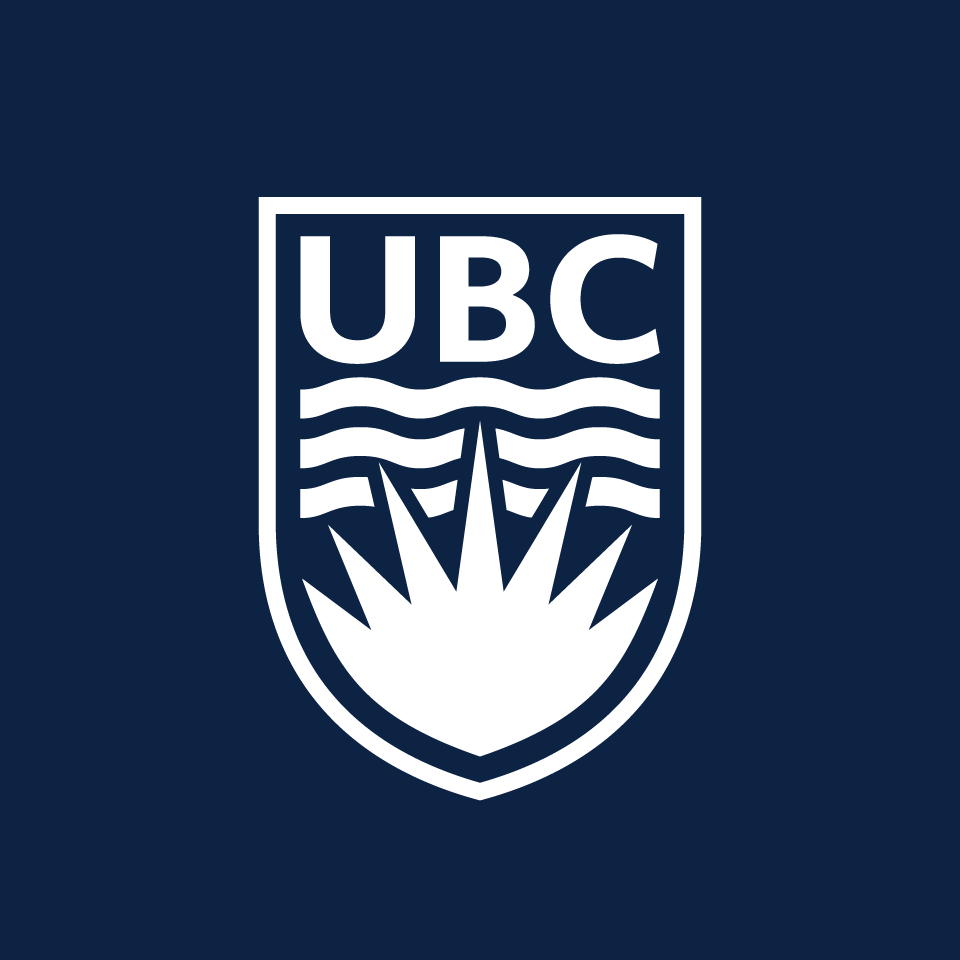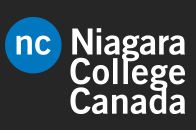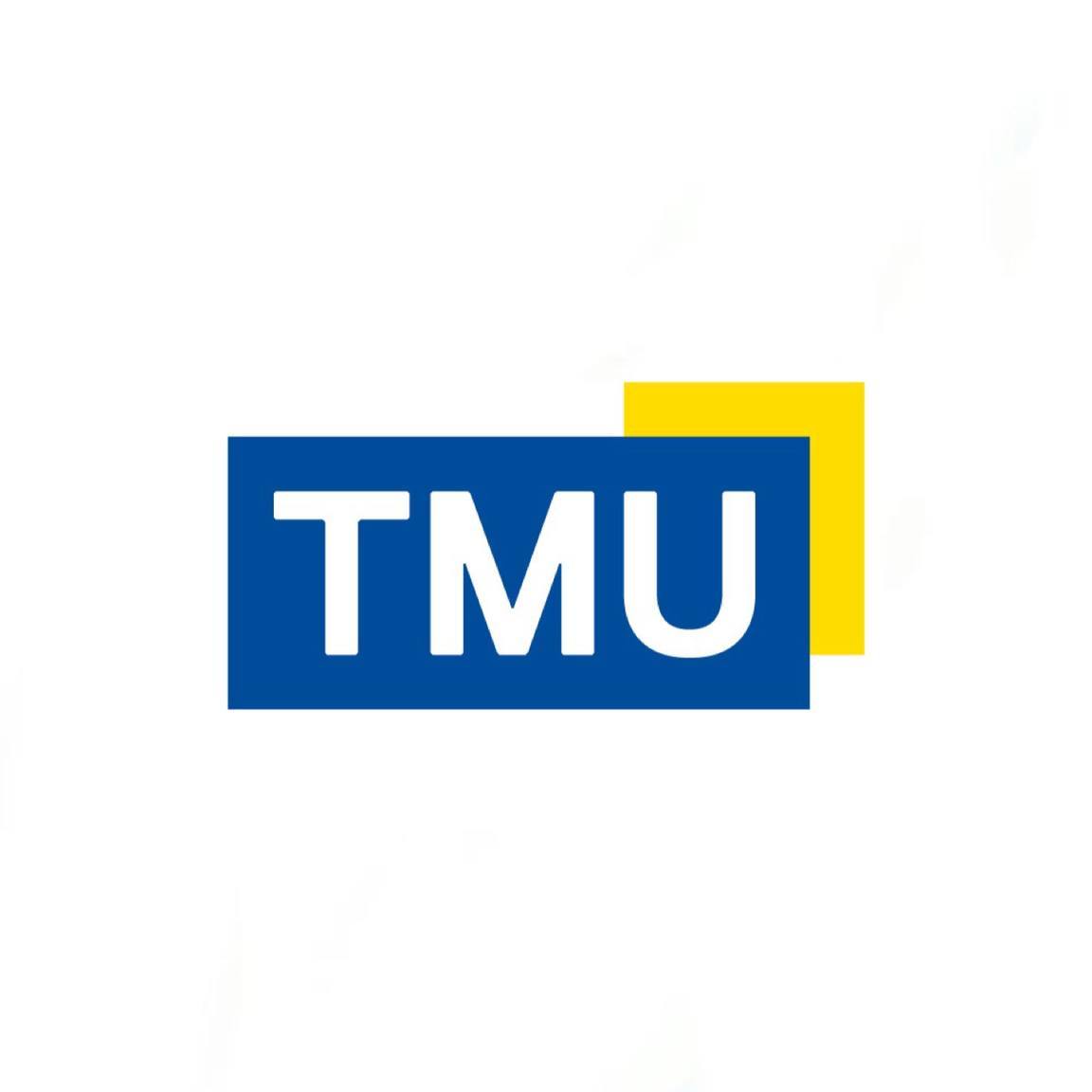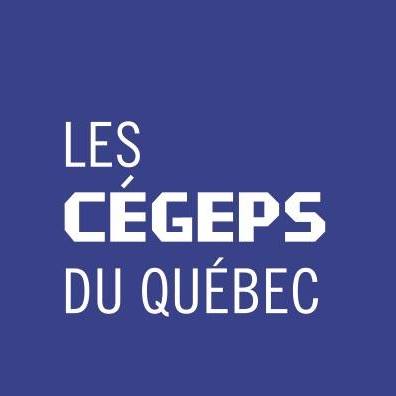Students train to perform assembly work in the high-tech electronics field or mechanical assembly industries.

The Local Industry Skills Training Program for Electronics and General Assembly is designed for students who have a barrier to learning and/or employment. The program is self-paced, with classroom, lab, and two four-week work experience components.
Hireable Skills
Students train to perform assembly work in the high-tech electronics field or mechanical assembly industries.
The range of skills taught varies for each student, but typically includes component preparation, fine and gross motor skills, board assembly, soldering, wire and cable preparation, bike assembly, bike mechanics and hardware assembly.
Students receive further training in specific skills with manufacturing firms throughout the Lower Mainland.
Job Outcomes
Students often gain employment in the manufacturing industry including jobs related to electronic and general assembly. This includes packaging, pick ordering, soldering, working on circuit board assembly, wire assembly and mechanical assembly.
Admissions Requirements
Applicants must meet the admission requirements listed below:
Career Pathways
Successful graduates will be prepared for entry-level positions in electronic or mechanical assembly industries, with skills such as component preparation, board assembly, soldering, bike assembly and mechanics, wire and cable preparation, and hardware assembly.
Founded in 1970, Douglas College is the largest degree-granting college in British Columbia, Canada, educating close to 25,000 students per year. The College has two major campuses in Metro Vancouver (New Westminster and Coquitlam) as well as several smaller training centres in Surrey, Burnaby and Maple Ridge.
With both main campuses directly on SkyTrain lines, Douglas is one of the most accessible post-secondary institutions in Metro Vancouver, drawing students from across the region.Douglas offers the most bachelor’s degrees and post-degree programs of any college in B.C., and is noted for combining the academic foundations of a university with the career-ready skills of a college.
Each year, close to 17,000 students (including 4,210 international students from over 92 countries) take for-credit courses at Douglas. Because of the college’s strong academic base, the majority of these for-credit courses transfer to different research universities in B.C. and across Canada, providing students with flexible pathways to reach their academic goals.
Douglas also offers hundreds of short-term, high-quality non-credit courses, programs and workshops to around 8,500 students through Continuing Education and The Training Group, in areas such as business, music, health, perinatal, career development, industry training and more.
Over 960 experienced, teaching-focused faculty bring both academic rigor and real-world experience to the classroom at Douglas. Outside the classroom, over 900 other employees work together to create a friendly, inspiring, supportive and respectful environment.

You will learn basic electronics skills by tackling a project: a signal generator and conditioning circuits.

This is an introductory course in AutoCAD and a PCB (printed circuit board) fabrication software.

Taylor Electronic Designs was established in 1970 to manufacture Audio-Visual equipment (Dissolves and Programmers for multi-image 35mm slide presentations) under the Taylor name.

Topics include non-ideal Op-Amp amplifier characteristics, practical amplifier designs, linear/non-linear Op-Amp circuits, filters and tuned amplifiers, oscillators, signal generators, power output stages, etc.

This program trains individuals to become industrial electronics technicians.
© 2025 coursetakers.com All Rights Reserved. Terms and Conditions of use | Privacy Policy